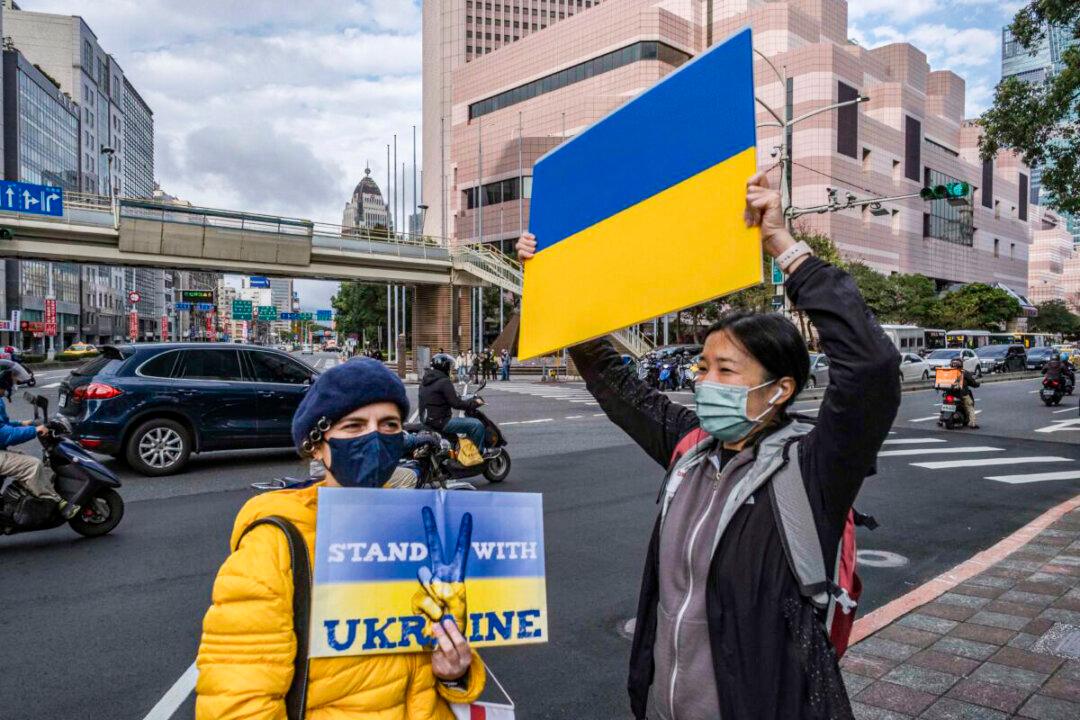TAIPEI, Taiwan—Taiwanese Premier Su Tseng-chang said on March 1 that Taiwan will work with Western countries in their ban of selected Russian banks from the SWIFT international payment system.
The SWIFT ban was announced on Feb. 26 by the United States, the European Union, Canada, France, Germany, Italy, and the UK, in response to Russia’s military attack on Ukraine.





